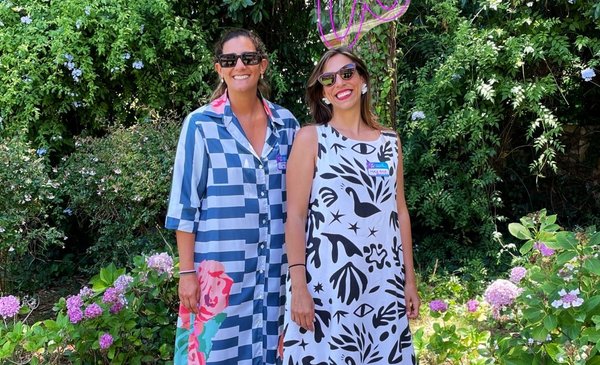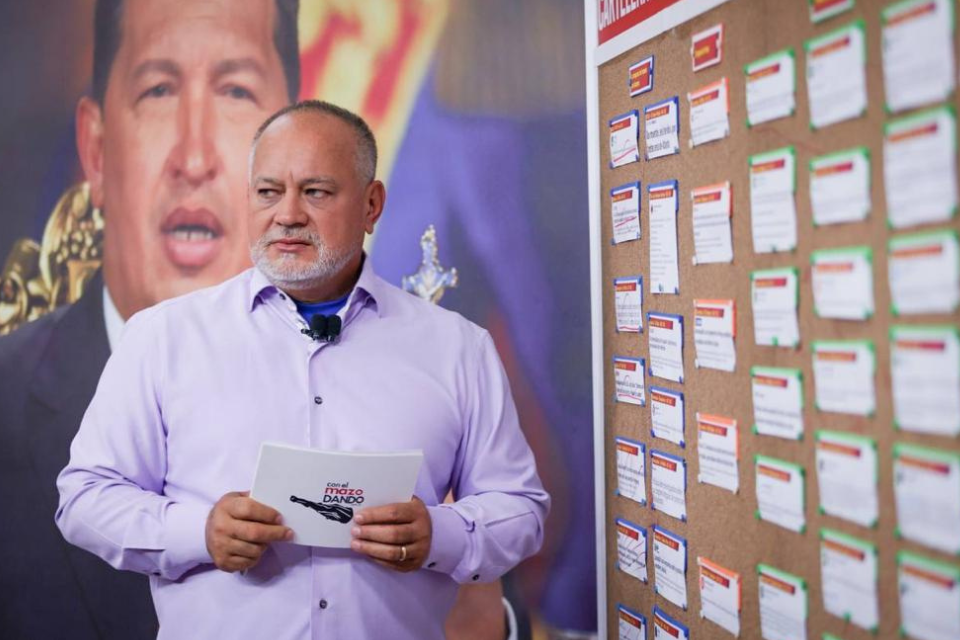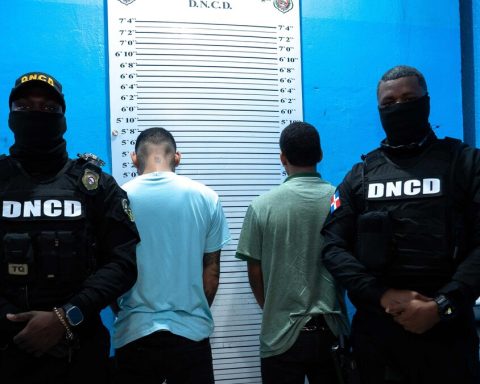March is a key month for Brava, the arrival of “women’s month” awakens the awareness of businessmen and senior executives who question their policies on equity (especially gender) and diversity.
Beyond the fact that the conversation is generated thanks to the calendar, it is key to put black on white and ratify that equity must now also be thought of in terms of business, because a diverse organization is more profitable and the data shows it.
According to the study Diversity wins‘ published in 2020 by the consulting firm McKinsey, companies that include more gender diversity in their leadership positions are 25% more likely to have superior profitability compared to those with lower levels. This percentage rises to 36% when diversity also includes different ethnic groups. “This translates into more and better business”clarifies Macarena Botta, co-founder and partner of Brava.
To each one what they need
Diversity is necessary in the highest positions, but also in the work teams where it ends up resulting in more disruptive products, better ideas and more value. “They have the possibility of designing products aimed at different segments”, highlights Botta and recalls that women are more than half of the world’s population.
By the way, Magdalena Giuria, co-founder and partner of Brava, recalls that you cannot talk about this without referring to equity. “Today there are different segments of the population within the organization that need different things, you cannot treat everyone with the same rod”, reflect. In fact, not everyone is going to benefit from working 20 days from anywhere in the world, a better retirement plan or paying for medical consultation tickets. Different generations and their diversity imply different needs. “Measuring this has an impact on being truly equitable, generating the opportunities that different people need. It does not mean applying the same yardstick to everyone; today technology and data analysis allow us to design specifically,” says Giuria and ensures that companies increasingly have to start personalizing if they want to develop these people who are the ones with the talent that the company needs.
The challenge, in this sense, is that it is okay for employees to need different things and, therefore, receive different things. “For a company it is much cheaper to provide segmented benefits”, remarks Giuria.
This occurs because on many occasions there is a tendency to incorporate general benefits when some are not going to be used, or what is worse, some benefits are denied for maintaining others that are not being used as the company expected. “It is a more efficient use of resources by the company”, asserts the specialist.
In the view of the Brava members, Uruguayan companies are increasingly aware of the need to follow this path towards equity. “This is not a ‘nice to have’ or a benefit, it is an essential part of building an organizational culture that can succeed in today’s world where uncertainty is what is guaranteed,” says Giuria.
The experts assure that in these matters there are no high barriers to entry that prevent starting work, the first step is in the will of the leaders of the company. They are the ones who must approach the subject in an “honest and genuine” way. “There are going to be uncomfortable conversations, but if they are convinced that this is going to bring more value, more and better business, and more engagement with your customers, it’s worth it,” Botta points out.
“Attract and retain talent” is repeated as a mantra in organizations. By the way, the founders of Brava emphasize that behind this talent there are people and that the key to offering their full potential to the company is not only in the development of their talent, but also in that of their person and their uniqueness. .
“We spend a third of our lives working”, underlines Guiria and adds: “if you cannot be who you are in the workplace, if you do not have a good time, if you are a victim of micro-aggressions and if the company does not focus on put people first, that win-win space and good business does not happen”.
The fact that a large number of people spend eight out of 24 hours a day working in a company makes the private sector an excellent vehicle for impacting the changes sought in society, and this is how Brava perceives it.
In order to do so, it is necessary to take into account that organizations have scarce resources and that is why it is important to be able to see reflected what they do with that effort. “It is not enough to do a single isolated thing, you have to embark on a process that has to do with the identity of the organization and the type of talent and people you want to have close by,” reflects Botta.
It’s better to prevent than to cure
When issues such as diversity are dealt with, the tendency of organizations is to cure and put cold cloths in the face of a critical situation and not to prevent. “It is a double-edged sword because when they call us because something happened, it is much more difficult than when they call us without anything having happened,” says Giuria, noting that starting to work on this does not mean that the company has a problem, but rather that they see the value of putting the issue on the table and with that work they are going to avoid problems. Making organizations understand this is the number one challenge for Brava.
This challenge is followed by convincing business decision makers that including these issues on their agenda brings a measurable economic benefit: more and better business.
Brava has already been able to measure employee satisfaction indicators in its companies and in addition to seeing how the culture of organizations improves, more women in leadership and more diversity in middle management, this is also permeating the ecosystem. “It happened to me that the CEO of a company told me that he asked to be sent a resume without a name—as recommended by Brava—and the recruiting company replied that its system did not allow it”, when requesting that this characteristic be modified, the change is in action. “The recruiter had to adjust her procedures because there are clients who are demanding that they do not want to see names when it comes to seeing a first CV filter,” she exemplified. In Brava’s portfolio for this year there is also the ability to measure the improvement in the profitability of companies.
How to incorporate these issues in the organization in a responsible way?
As a consultant, Brava accompanies this path through a tool that begins with a survey and “from that comes a report that measures diversity, equity, belonging, whether the leadership is aligned and the impact on the community; there you will have a picture of where your opportunities are”, highlights Botta and emphasizes that it is never too late to start the change.
There is no one shoe that fits everyone. “That is why data analysis is needed to find out what moves the needle in your company, we know that companies do not have unlimited resources. They don’t have time or money”, says Giuria and that is why it is crucial to focus on the key points.
The result is a report that provides a range of solutions that contains some that can be implemented in a basic way—with few resources—, a next step with more ambitious suggestions thinking in the long term and actions that involve different parts of the organization.
Then there are strategic meetings during the year between Brava and its client and a new measurement, the following year, to evaluate the results and continue building together a more diverse and successful organization.


















